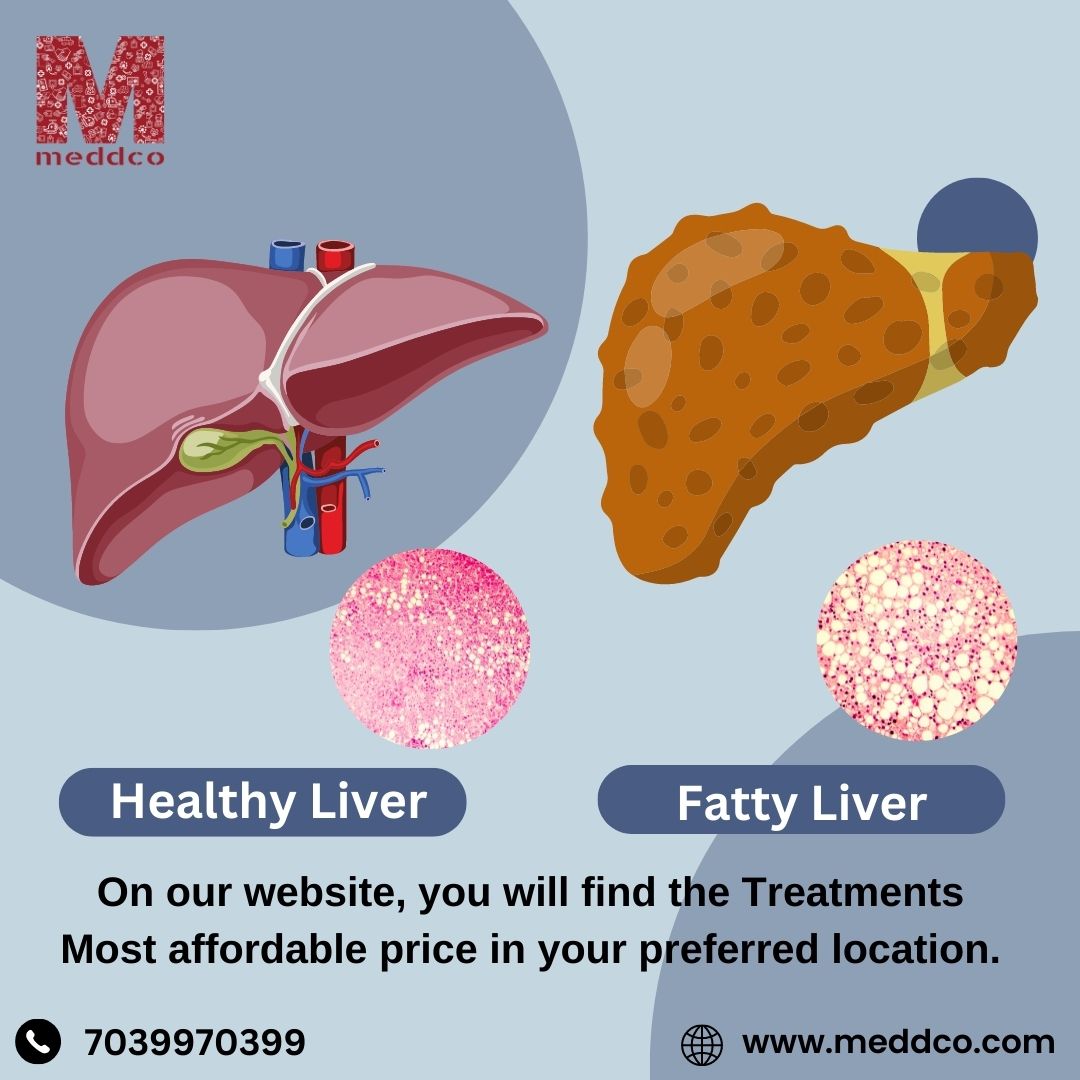

: Admin : 2022-10-13
Reduce your weight. If you have fatty liver disease and are overweight or obese, losing weight gradually may help reverse some of the liver damage.
The idea is to lose weight gradually. Aim for 1 to 2 lbs (450 to 900 g) of weight loss every week. More than that might lead to difficulties.According to research, decreasing at least 9% of your body weight over a period of many months may cure the consequences of fatty liver. Less weight loss may not cure the damage, but it will reduce present and future fat accumulation in the liver.Lose weight by following a healthy diet and remaining physically active. Avoid diet pills and fad diets.
Exercise. Staying physically active might help you lose weight or keep it off. Exercise also increases circulation, which enhances your body's capacity to distribute fats throughout the body, and it drives the body to utilize carbs for energy rather than turning them into more fat.
Moderate exercise is still preferable to none. If you are not used to exercising, begin by committing to a 30-minute walk three to five times a week. Increase that amount gradually until you are walking every day of the week.
Cardiovascular workouts, such as walking, cycling, and swimming, are preferable above strength training routines that concentrate on muscle strengthening.
Reduce your intake of simple sugars and carbs. Insulin is a hormone that accumulates fat, thus lowering insulin levels in your body is necessary if you wish to treat fatty liver disease. Simple sugars and processed carbs raise insulin levels in the body, therefore avoid them.
Because these simple carbs are easily digested by the body, they cause a surge in blood sugar after consumption. Complex carbs are healthier since they take longer for the body to break down and do not create the same abrupt surge in blood sugar.
This includes foods produced with white flour and large levels of sugar in particular. These items should be avoided entirely, but you should also restrict carbs in general, even those prepared from whole grains.
Reduce your consumption of flour-based foods such as bread, pasta, rice, cereal, cake, pastry, and snack foods.
Consume more veggies. Vegetables provide nutritious, complex carbs in lower amounts than grains, so they have minimal influence on blood sugar and insulin levels. They may even aid in the removal of fat from the liver and the restoration of the organ's filtering functions.
You may consume raw or cooked veggies, but avoid adding salad dressing or other items that may contain harmful fats.
Consider drinking two to three glasses of raw vegetable juice every week to improve your health. Each glass should include 90 to 95 percent veggies and be 8 to 10 oz (250 to 300 ml). The remaining ingredients should be fruit rather than artificial sweeteners.
Fresh fruit may also help cleanse the liver, but be cautious when eating it since it has a larger dosage of sugar and might create insulin difficulties.
Consume extra protein. Protein has no negative impact on blood sugar or insulin levels. It may even assist to keep your blood sugar levels constant. Protein also suppresses appetite, making it simpler to eat less and lose weight.
Protein should be obtained from healthy sources such as eggs, poultry, low-fat meats, seafood, nuts, seeds, legumes, and low-fat dairy.
Avoid using unneeded drugs. The liver serves as a filter. While many drugs have no effect on your liver, some might cause it to become weaker or damaged. Inform your healthcare professionals that you have fatty liver disease so that they may prescribe drugs that have the least effect on your liver.
Avoid alcohol. Alcohol is a key contributor to fatty liver. Even if you have nonalcoholic fatty liver disease, you should eliminate or severely limit your alcohol use.
Alcohol induces inflammation and liver cell damage. As a consequence, the liver becomes vulnerable to fat cells and permits them to accumulate.
Consume good fats. A low-fat diet may seem to help cure the consequences of fatty liver, but this is only partly accurate. You should avoid bad fats found in "junk food," such as potato chips and pizza, but you also need to incorporate good fats in your diet if you want to adequately feed your body.Healthy fats may be found in foods such as seafood, olive oil, nut oils, nut butters, raw nuts, seeds, and eggs.
MEDDCO.COM is India's first digital pricing online platform, where price transparency is the key.
Our website allows users to search for surgical procedure diagnostic tests and other healthcare services amongst various hospitals and
a healthcare provider.
On our website, you can find the best package price for Fatty Liver. You can also book an online appointment through our website.
For more information visit our website.
No Comments